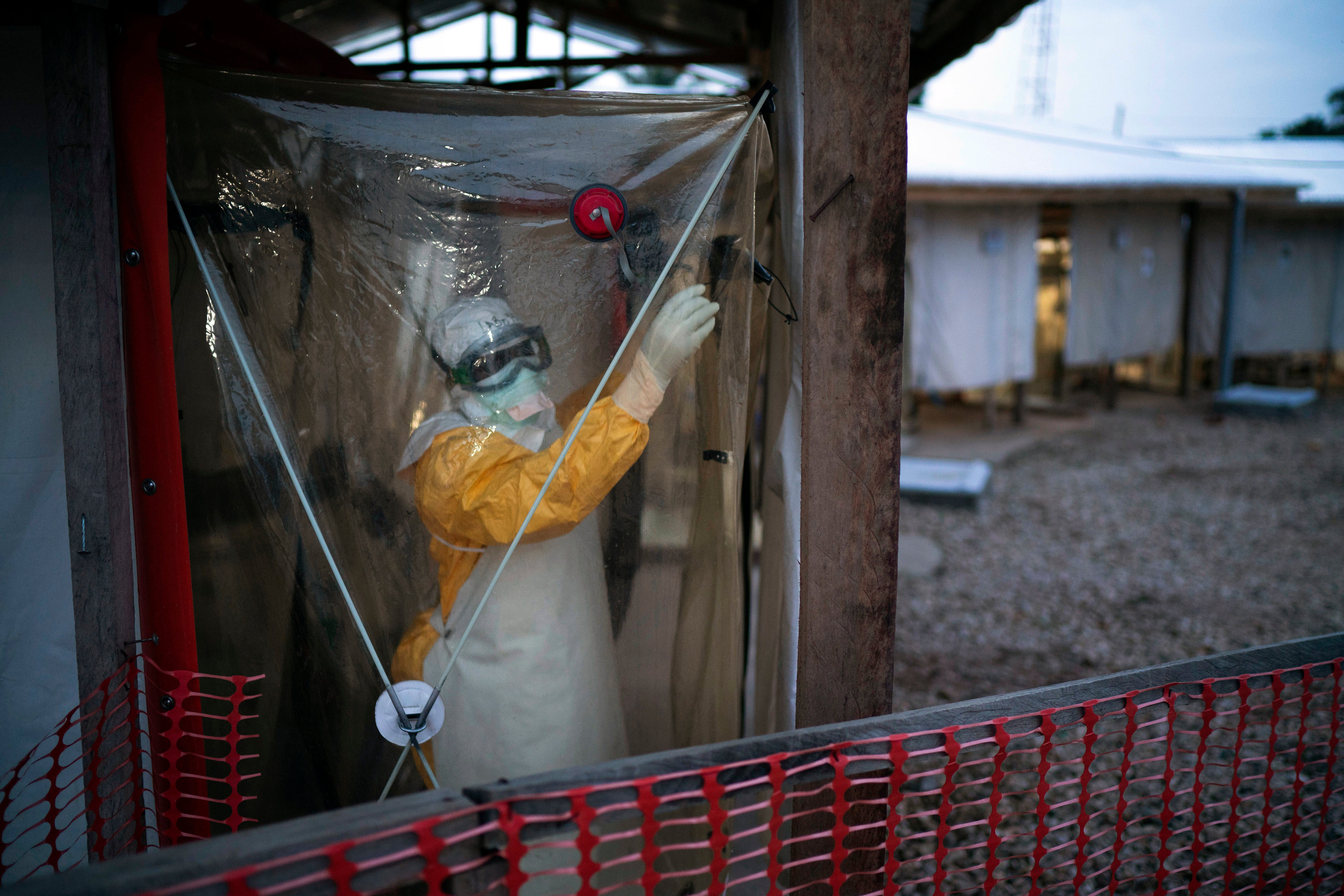Ebola vaccines stockpiled against future outbreaks
The World Health Organization and partners say they are creating a global stockpile of Ebola vaccines to help stamp out future outbreaks

Your support helps us to tell the story
From reproductive rights to climate change to Big Tech, The Independent is on the ground when the story is developing. Whether it's investigating the financials of Elon Musk's pro-Trump PAC or producing our latest documentary, 'The A Word', which shines a light on the American women fighting for reproductive rights, we know how important it is to parse out the facts from the messaging.
At such a critical moment in US history, we need reporters on the ground. Your donation allows us to keep sending journalists to speak to both sides of the story.
The Independent is trusted by Americans across the entire political spectrum. And unlike many other quality news outlets, we choose not to lock Americans out of our reporting and analysis with paywalls. We believe quality journalism should be available to everyone, paid for by those who can afford it.
Your support makes all the difference.The World Health Organization and partners said Tuesday they are creating a global stockpile of Ebola vaccines to help stamp out future outbreaks.
In a statement, WHO, Doctors Without Borders, UNICEF and the International Federation of Red Cross and Red Crescent Societies said they were establishing an emergency reserve of about 500,000 doses; nearly 7,000 are available now and more will be added throughout the year and beyond. Financial support for the vaccine stockpile was provided by the vaccines alliance GAVI.
The Ebola vaccine being stockpiled is made by Merck. Before it was licensed, the shot was used to previously help contain outbreaks in Guinea and Congo under a protocol for “compassionate use.”
Other stockpiles managed by WHO and partners exist for diseases including meningitis and yellow fever.
The Ebola vaccines will be stored in Switzerland, where they will be ready to be shipped after WHO and partners receive a request from countries. The agencies say any decision to release vaccines will be made within 48 hours of any such request and that the targeted delivery time is within one week.
The vaccines will be reserved for those at highest risk of being infected with Ebola during any epidemic, including those exposed to the disease and health workers treating patients and their contacts.